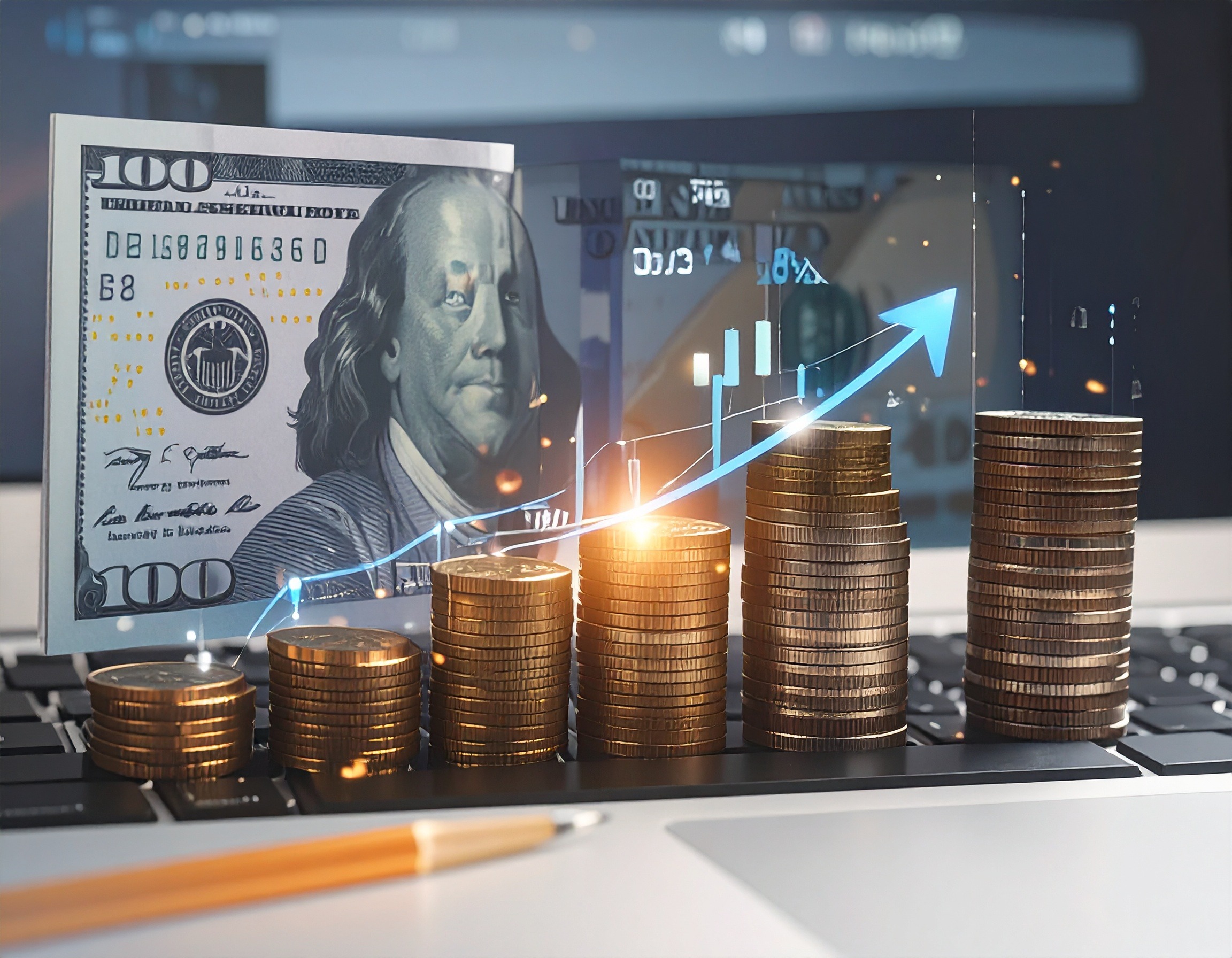Have you ever found yourself standing in a store, holding something you never intended to buy, and then suddenly wondering, “Wait, how did I end up with this?” Or maybe, you’ve opened a credit card bill and felt that cold wave of panic wash over you, realizing you’ve spent way more than planned? If you have, welcome to the magical and mystifying universe where psychology shakes hands with economics—welcome to behavioral economics!
Honestly, discovering behavioral economics was like uncovering a treasure chest of insights into my own mind. I mean, it’s eye-opening (and humbling!) to peel back the layers of your brain and see how those tiny mental quirks can steer your financial ship into sometimes choppy waters.
From my own detours into the realm of regrettable purchases and those eyebrow-raising financial hiccups, I’ve realized just how wildly fascinating behavioral economics is. It’s like a funhouse mirror—you see all the strange, sometimes silly ways your brain plays tricks when it comes to money. It’s wild and a bit surreal, right?
Picture this: One morning, you vow to save money. You draft a budget, and it’s going great for a while. But then, boom! A flashy sale email lights up your inbox, and before you know it, you’re back on the online shopping rollercoaster. There’s a term for this in behavioral economics: cognitive bias. Our brains are these funny little engines, often nudging us toward immediate scoops of happiness rather than the tough marathon of saving.
The Allure of Immediate Gratification
If I were to spill the beans, there’s just something electrifying about the rush of instant gratification. You know that vibe—the click-click of shopping online, and suddenly you’ve got something new on its way to you. Logically, we know saving for a future vacay is smarter, but those urges often bulldoze our saving plans.
This is down to what they call “present bias”. We’re wired to chase today’s joys rather than stash away for the future. It’s like our emotional system has a spotlight, constantly shining it on the now, making tomorrow’s pleasures feel like distant echoes. And who hasn’t been caught in that whirlpool, right?
The Sunk Cost Fallacy: Sticking with Bad Choices
Oh man, let’s talk about the “sunk cost fallacy”. It’s one of those quirks where I end up clinging to bad buys just because I’ve already tossed some cash at them. Whether it’s those pricey, uncomfortable shoes or a movie I wasn’t really into, if you’ve spent on it, you feel like you gotta follow through.
Our brains have this sneaky urge to stick with our “investments”, leading us to sometimes shovel more money into less-than-smart purchases. I’ve hung onto subscriptions way past their welcome, purely because, “I already paid for it!” It’s like we’re playing tricks on ourselves without even knowing it.
The Anchoring Effect and Perceived Value
Oh boy, let me chat about the time I found this gorgeous watch, claimed to be marked down from a stratospheric “original price” to something a bit less jaw-dropping. I dodged the purchase, but many don’t—thanks to the anchoring effect. The high original tag is like a siren call, skewing our perception of the real deal.
Marketers are masters at using this to get us to buy things we might not have planned on. The allure of a discount can be irresistible—and yes, I’ve been tempted a time or two!
Social Proof and Herd Behavior
Then there’s social proof, which is basically our tendency to follow the crowd. Ever read glowing reviews or noticed a “best seller” badge and thought, “I gotta have this!”? That’s social proof in action.
By nature, we like to fit in, often choosing what others have chosen, simply because we feel it’s right. I mean, it’s comforting to follow the group, and I’ll admit, I’ve definitely gone with the flow more than I’d like to admit. Financial markets see this herd behavior too, leading to dramatic swings when everyone rushes to buy or sell at the same time. It’s kind of scary, seeing how much we’re led by the sway of others’ actions and opinions.
Overconfidence and the Illusion of Control
Overconfidence is another slippery slope. Ever think you’re better at something than you are? It’s so easy! We trick ourselves into believing we’re gut instinct wizards and ignore wise counsel, leading us to sometimes make shakier decisions.
I’ve definitely strayed into that territory, charging into new ventures brimming with confidence… and later realizing my footing wasn’t as solid as I thought. It’s humbling, for sure!
Loss Aversion: The Fear that Drives Us
Ah, loss aversion—it’s that peculiar quirk where the idea of losing something hits us harder than the thrill of gaining. I’ve stubbornly held stocks past their prime, not wanting to face the music of a bad guess. Logic takes a backseat as we zero in on avoiding losses over scoring potential wins. It’s intriguing, isn’t it, how our minds tilt away from rational thinking?
Choice Overload: When Too Much is Too Much
More choices should mean easier decisions, right? Nope. Enter the quagmire of choice overload. Too many options can leave us stuck, unable to decide or rushing into decisions. Man, I’ve been there, drowning in a sea of options and just picking something out of sheer overwhelm.
It’s strange how too many choices can actually corner us, nudging us to settle for familiar paths rather than what truly fits.
Mental Accounting: The Infinite Buckets of Our Brain
And then there’s mental accounting, where we mentally earmark resources into budget categories—sometimes haphazardly. Ever keep your vacation cash separate from your emergency funds? That’s mental accounting at play.
In reflection, I’ve sometimes been more lenient with one pot of money while holding another under tight lock and key. Though organizing finances into neat slots can be helpful, it can also blind us from seeing the bigger picture.
Behavioral economics gives us a window into why we might make these head-scratching money moves, highlighting how our biases and emotions steer us off the logical path. Sharing my little dance with these quirks reassures me I’m not alone—and maybe it gives someone else that cozy feeling of being in good (and sometimes impulsive) company.
Recognizing these quirks allows us to craft smarter strategies and maybe dodge some of the impulsive detours we’ve taken before. If sharing this tangled mess of thoughts offers a lightbulb moment for you too, well, then that’s a win in my book. Here’s to unraveling our decision-making process, one whimsical quirk at a time!




